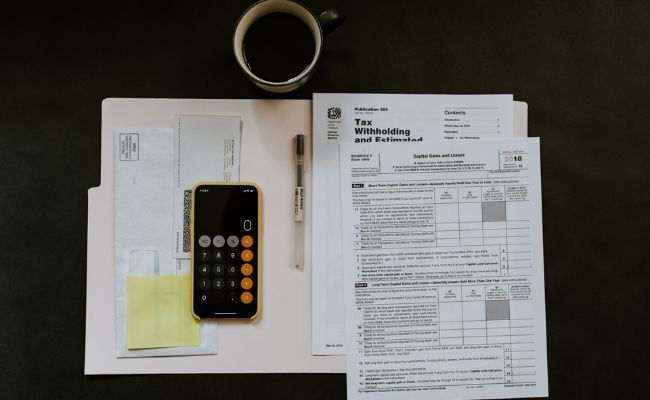


While freelancing’s flexibility and variety are undeniable benefits, they may also make it challenging to maintain accurate financial records. That is why, as a freelancer, it’s essential to streamline the bookkeeping process as much as possible. Doing this will help you spend less time keeping track of your financial records and more on doing what you love. That said, bookkeeping for freelancers can be confusing and complicated at first. The reason for this is that when working as a freelancer, you are essentially your own company and, as such, must pay attention to all of the same things that any other business would. More accurately, freelancers need to keep an eye on incoming and outgoing cash, generate financial reports, and analyze their financial stats regularly. With that said, here is bookkeeping for freelancers made simple.
Although you’re your boss as a freelancer, it’s still smart to keep your personal and business finances in separate accounts. A separate business checking account will be helpful when it comes time to organize your finances. It will also make it easy to track how much money is going in and out of your business account each month. You don’t want your business and personal expenses to get mixed up. If that happens, it could make your budgeting process more difficult in the future.
It’s always a good idea to save money each year to cover your tax liability. If you just quit your job and want to become a freelancer, you are probably used to having your taxes taken out of your paychecks before you even see it. And since, as a freelancer, you won’t be receiving a salary anymore, you are responsible for paying your taxes. Furthermore, freelancers need to be aware that their tax obligations may increase and be determined by measuring differently than they’re used to. The standard recommendation is to set aside 30% of your salary for taxes. This way, you’ll be able to cover any taxes you may be liable for throughout the year. Not only that but keeping aside some cash for your business emergencies will also help prevent you from running into debt in the long run.
If you are starting as a freelancer, using accounting software can be a lifesaver. With this software, you’ll have a centralized location for monitoring many aspects of your cash flow. Connecting it to your checking and savings account or credit card will allow for automated updates, further reducing your workload. Experts at Heavenly Moving and Storage believe accounting software is essential for any serious business. That said, these tools can help you with the following:
The best bookkeeping software includes keeping an eye on your money and tools for analyzing it. With the help of software, bookkeeping for freelancers is simpler and you can keep your freelance business afloat and on track.
You still need to save your receipts even if you use an accounting tool to keep track of your money. You may use this to verify the nature of a cost before including it in your tax return. This information will be crucial if you are ever subject to an audit. However, while having physical receipts is a good idea, it is unnecessary. The Internal Revenue Service accepts digital receipts as well. You can take a picture of the receipt and send it to a special email address linked to your accounting software; this is a feature many services offer. That said, many self-employed people and small-business owners use a separate email account for receipts if they don’t use accounting software.
Bookkeeping software is best if you start your business from scratch and with zero budget. However, if you are turning a somewhat profitable hobby into a career or have some startup capital, you should hire a Bookkeeper. Outsourcing may be worthwhile if you are having trouble keeping up with your spending or if you are growing at a fast rate. Bookkeepers often charge hourly. If your business gets big enough that you connect with a business accountant, their services normally provide accounting as an add-on.
Like any other company, you cannot function without proper bookkeeping as a freelancer. It’s helpful in keeping tabs on spending, filing taxes, and handling any outstanding bills or payments. More importantly, it provides a clear picture of your company’s health. It’s easy to become bogged down in the details when juggling numerous clients simultaneously. Additionally, bookkeeping will give you a glimpse into your cash revenue, spending, cash flow, and your business’s development. Hopefully, now that bookkeeping for freelancers is made simple, you can implement it into your business model.
It’s very easy to fid out any topic on web aas compared
to textbooks, as I found his article at this web
page.